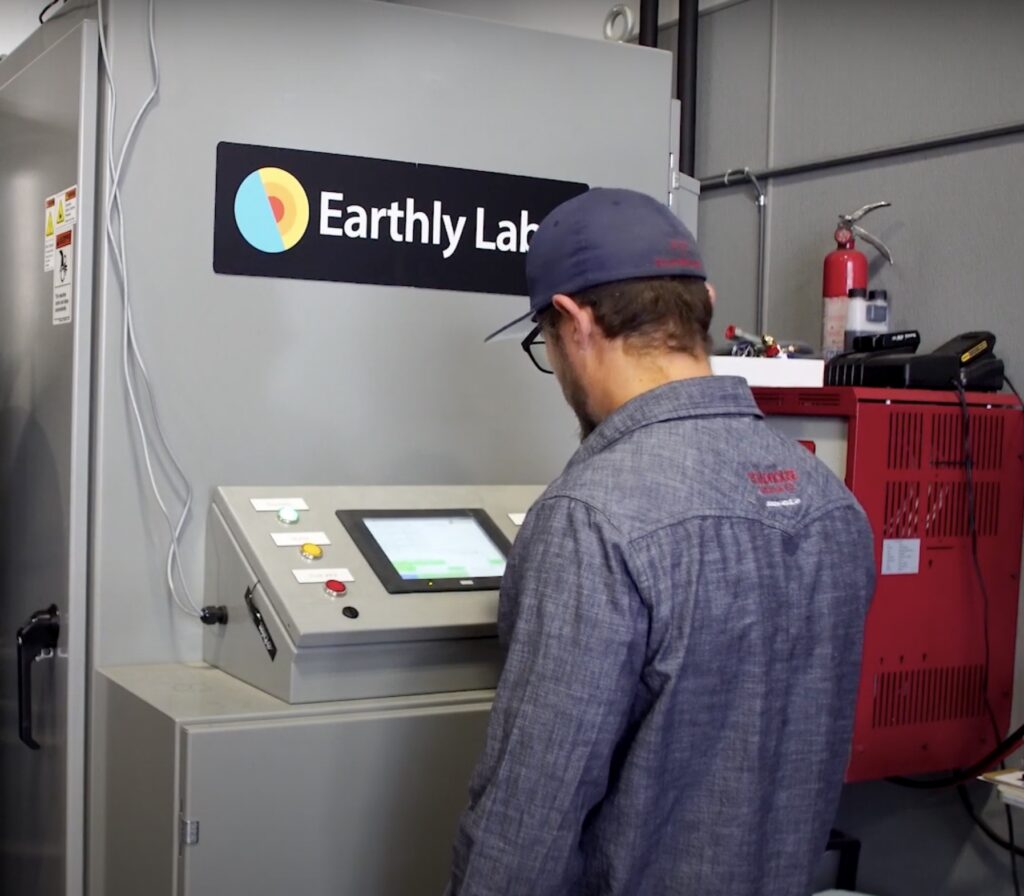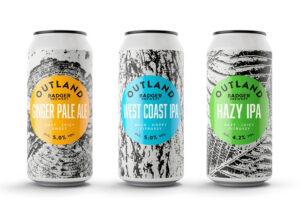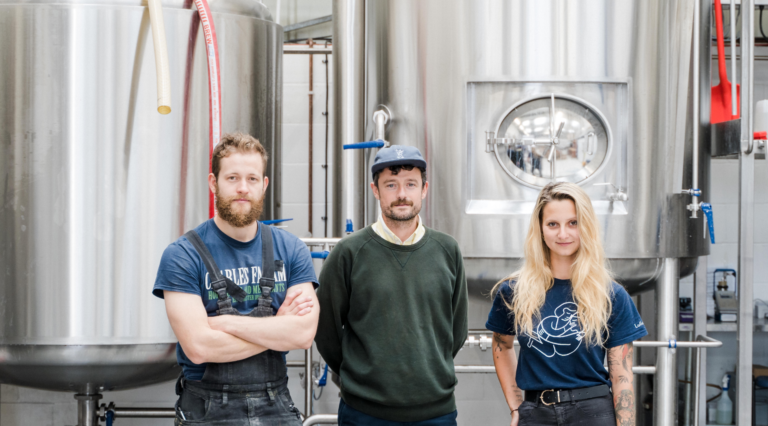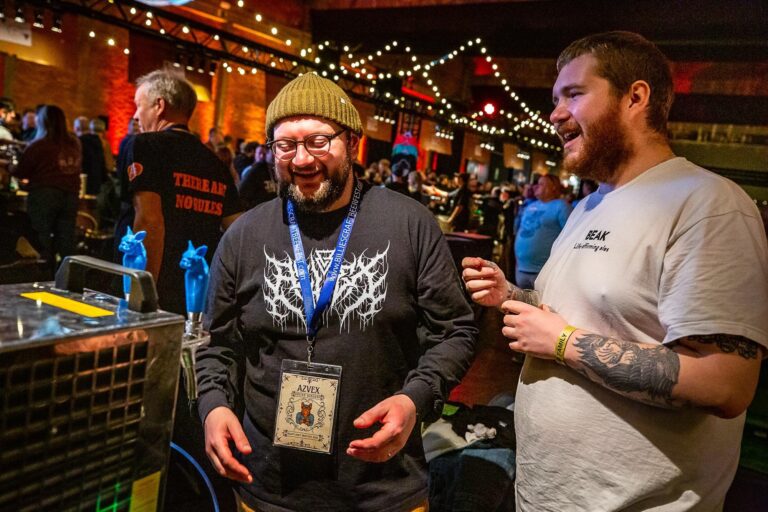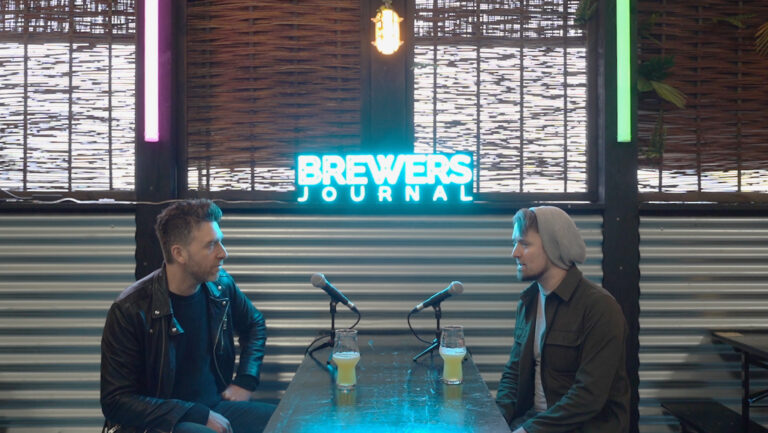Envisioning a future where the majority of breweries operate autonomously for their process gas needs, this utopian scenario eliminates the reliance on third-party supply, fostering a surplus that organically decentralises the CO2 market, argues Darius Darwell, the co-founder of CO2 Hubb.
In the past decade, I have revelled in this dynamic, energised and fast-paced industry as we enjoyed the rise of the so-called “Craft Beer Boom”.
During these times fads were frequent and the industry was alive with energy fuelled by experimentation, innovation and rapid growth.
Amid recent and ongoing challenges, I feel we’ve grown wiser, more deliberate and more introspective.
Our gaze once fixated on the horizon of novelty, now turns inward, honing in on the finer details of our operations and our long-term stability as a business.
While this newfound sobriety may lack the feverish zeal of yesteryears, it allows us a crucial vantage point, a perspective that values efficiency and resourceful stewardship.
This pivot enhances the resilience of our brewing businesses to weather future storms and builds momentum for our collective responsibility to fast-track our industry’s journey towards a more circular, net-zero economy.
As we get started in this new era of our brewing industry we must be strategic, planned and calculated in selecting the low-hanging fruit that will deliver rapid, long-term security – For me, that starts with looking at our relationship with CO2.
Over the years we have placed tremendous amounts of innovation energy focusing on making our beers as perfect as possible but we have perhaps overlooked some of our commercial vulnerabilities.
Darius Darwell
Over the years we have placed tremendous amounts of innovation energy focusing on making our beers as perfect as possible but we have perhaps overlooked some of our commercial vulnerabilities.
It is always easy to see these shortfalls with the clarity of hindsight, but it is absurd that we have travelled this far in our industry’s journey discarding CO2 as a by-product of fermentation, only to pay to have it produced and transported via rigid and unstable supply chains all whilst being tied into loose contracts with incomprehensible surcharges.
And let’s not forget the impact our actions have on the environment and the planet on which the ingredients we need to brew rely, as we witness ever more unpredictable weather patterns, heatwaves and droughts.
We must curb the release of CO2 and other greenhouse gases or face the consequences of a rapidly warming world. It follows that capturing and reusing the CO2 released from fermentation is better than adding it to the already suffocating atmosphere.
So why has the CO2 conversation languished in obscurity until now? Firstly, the unavailability of affordability equipment has hindered most breweries from accessing CO2 recapture technology, which has long been enjoyed by larger macro plants.
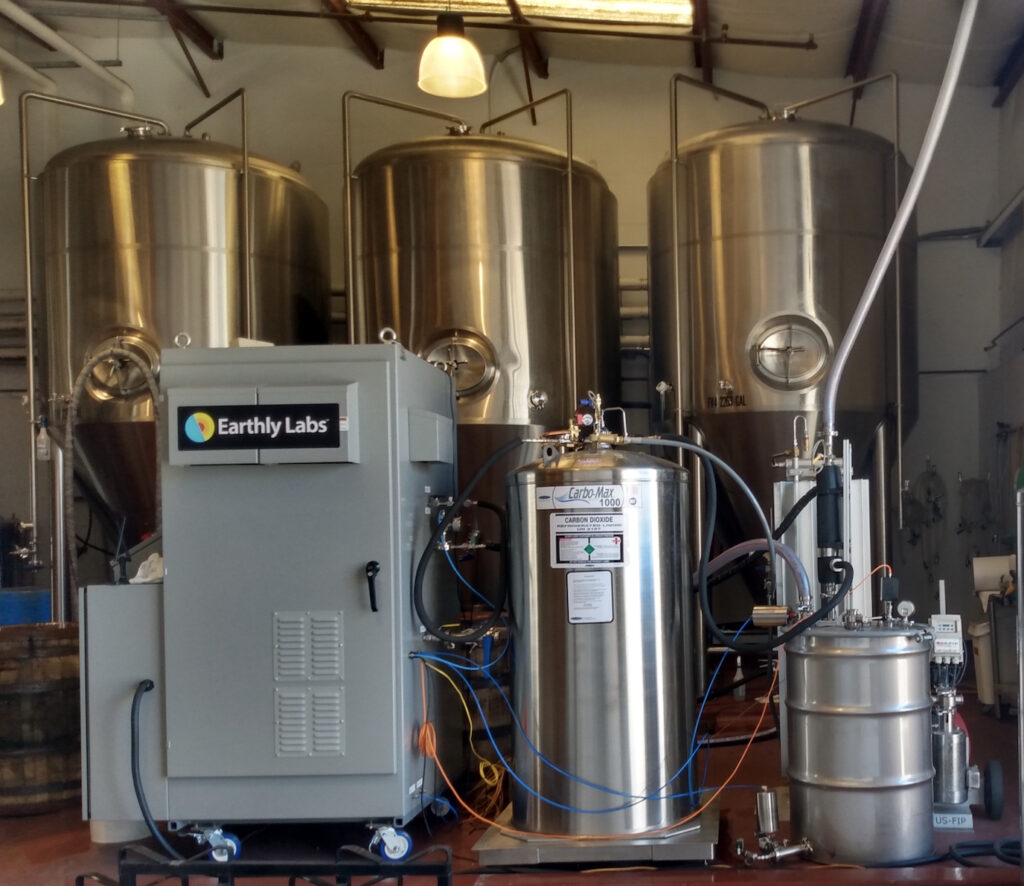
This coupled with a prolonged period of abundant supply and low prices lulled us into complacency, disincentivising investment in alternative solutions.
Unstable supply and prices have sparked the conversation, and affordable new tech is fueling the fire of this new shift in the way we source and manage CO2, where in five years I can hear brewers say, “Boc who?” or “Ah, remember Air Liquide”….. But how do we get there?
The first and most cost-effective step on your journey to CO2 resilience unlocks the hidden gold hiding in your plant, efficiency! By conducting a thorough audit of your brewery’s processes and systems.
Like turning down your home radiator, the small tweaks deliver big savings over time as those incremental gains compound, allowing you to brew more beer with fewer inputs, inching closer to CO2 resilience.
While efficacy is highly effective and must be continuously monitored, it will only get you so far. At some point to achieve your utopian goal of CO2 autonomy you are going to need to look at CO2 recovery.
Last year at Beer X, Dalum gave an impactful talk about their new technology hitting the market and in the past year there have been a few others introducing their solutions for CO2 recovery. However, the landscape is going to further heat up in 2024 as pioneering innovators Earthly Labs launches in the UK as a Chart Industries company with their newly acquired engineering firm Howden, headquartered in Scotland with a large European presence.
Earthly Labs has been developing small-scale CO2 recovery systems since 2016 in the US and as a range of well-developed units catering for breweries of upwards of 2,000HL/pa to take control of their CO2 supply.
Efficacy auditing serves to pinpoint areas for CO2 reduction, complemented by CO2 recovery that captures the CO2 naturally produced.
This combined approach not only closes the loop but also significantly diminishes dependence on external sources. The key to achieving complete autonomy in your process gas supply, creating a surplus for potential commodity sales, lies in the additional incorporation of nitrogen generation in your system.
The convergence of these systems establishes a trifecta, paving the way for breweries to operate autonomously recovering, using and generating a surplus of CO2.
Envisioning a future where the majority of breweries operate autonomously for their process gas beeds, this utopian scenario eliminates the reliance on third-party supply, fostering a surplus that organically decentralises the CO2 market.
This transformative shift not only propels the industry towards our collective net-zero goals but also shields businesses from potential disruptions in supply and price, enhancing overall balance sheet performance and stability.

